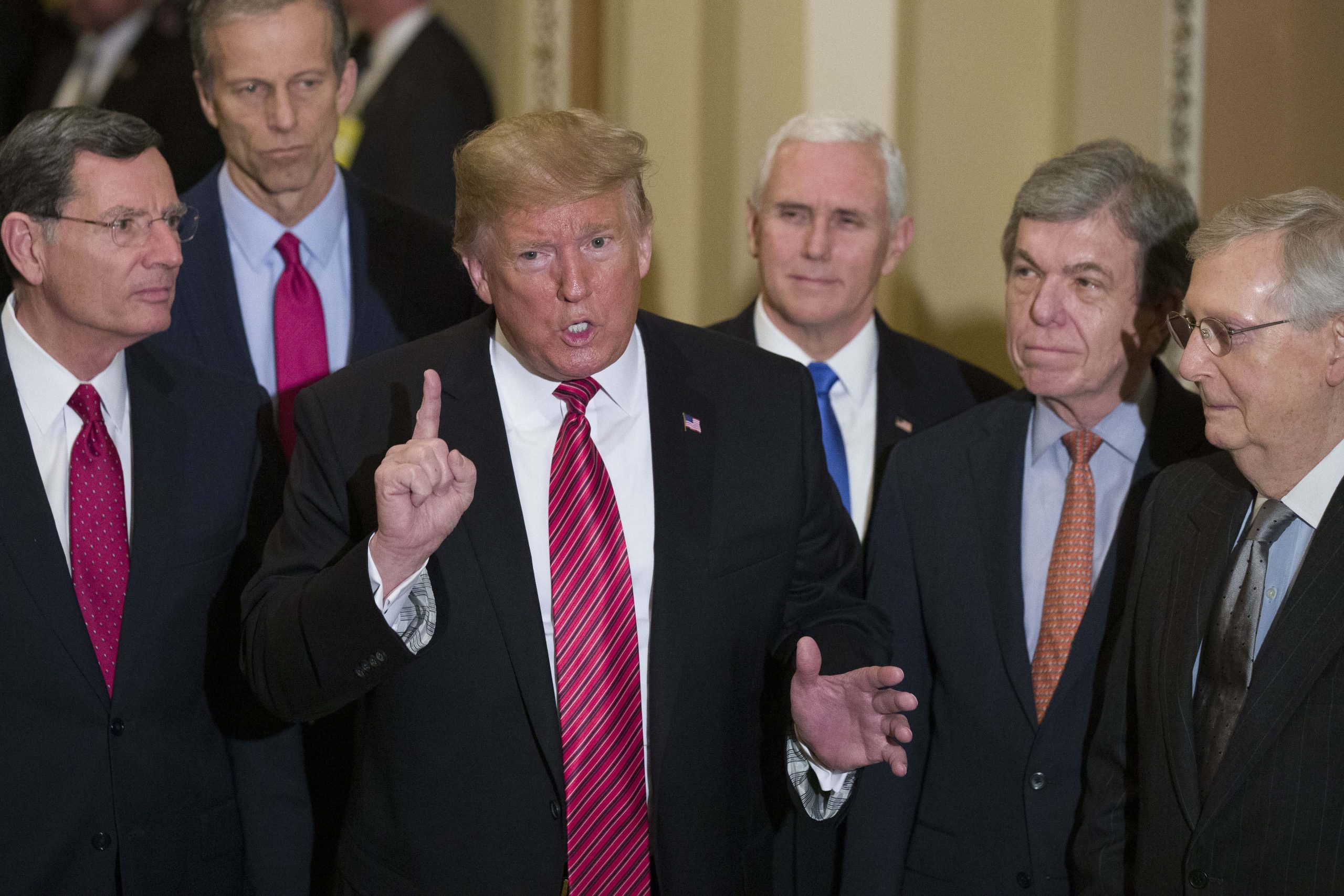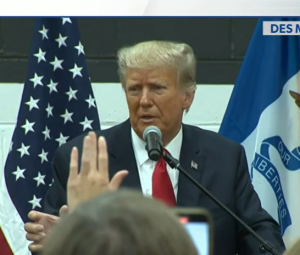Former US President Donald Trump repeatedly referring to COVID-19 as the “China Virus” likely “perpetuated racist attitudes”, according to a new study published in the American Journal of Public Health.
With the recent Atlanta shooting added to the list, Asian Americans have been facing increasing incidents of hate crimes since the pandemic first broke in the United States, as per officials and advocates.
Also Read: Atlanta Shooting: Know the eight people killed at Georgia spas
The study’s lead author, Dr Yulin Hswen, who is an assistant professor of epidemiology at UC, San Francisco said, “Anti-Asian sentiment depicted in the tweets containing the term ‘Chinese Virus’ likely perpetuated racist attitudes and parallels the anti-Asian hate crimes that have occurred since.”
Critics say that Trump’s racist rhetoric helped fuel an environment of hatred.
Yulin Hswen while talking about the results said the study, “confirm that nationality, race, or ethnicity should not be attached to disease nomenclature, as these names can carry pejorative connotations that can stigmatize these communities.”
Also Read: Stop Asian Hate: Twitterati in unison condemn Atlanta shootings
The study indicates a difference in the usage of neutral and anti-Asian hashtags on social media. A neutral #COVID-19 demonstrates 20% anti-Asian sentiment while #Chinesevirus demonstrated 50% anti-Asian sentiment.
Hswen emphasized the importance of neutral language being used by leaders because inflammatory words can influence people’s behaviour toward particular groups.
Dr Daniel Rogers who is an expert on misinformation at NYU explained that social media works on algorithms, “As platform algorithms pick up on engagement around this toxic content, they recommend increasingly more extreme content to users until their feeds are dominated by nothing but the most extreme stuff, goading those users with a propensity toward violence to potentially committing hate crimes.”
The first time Trump tweeted from his now-suspended Twitter account about the “Chinese Virus” was on March 16. There was an increase in hate crimes and anti-Asian hashtags the following week.
The World Health Organization had warned against associating COVID-19 with a country and said in a bulletin, “Don’t attach locations or ethnicity to the disease, this is not a ‘Wuhan Virus,’ ‘Chinese Virus’ or ‘Asian Virus.” The bulletin was released in February 2020.
US President Joe Biden on Friday emphasized during his speech in the Atlanta meeting with Asian American leaders that “words have consequences”. He took to Twitter to reiterate this.
Press Secretary Jen Psaki on Wednesday said that the damaging rhetoric from the previous administration has led to “inaccurate, unfair” perceptions which threatened Asian Americans.







